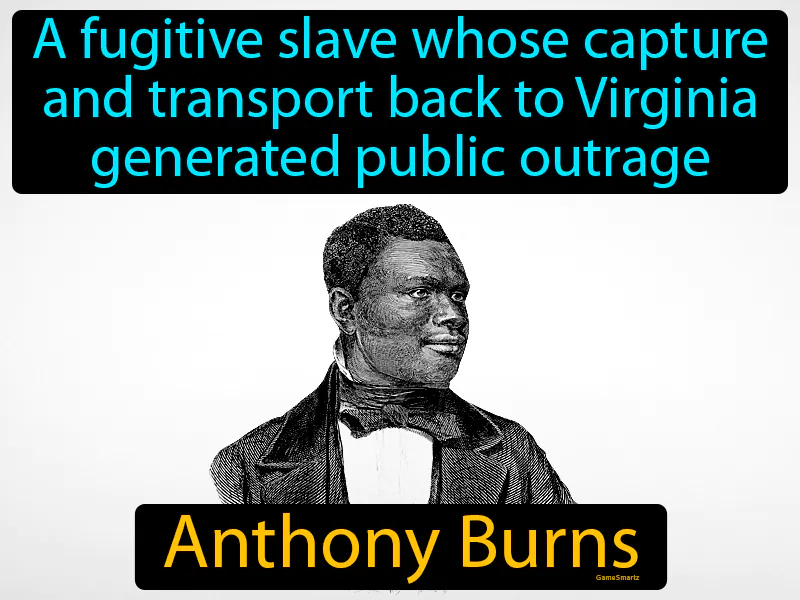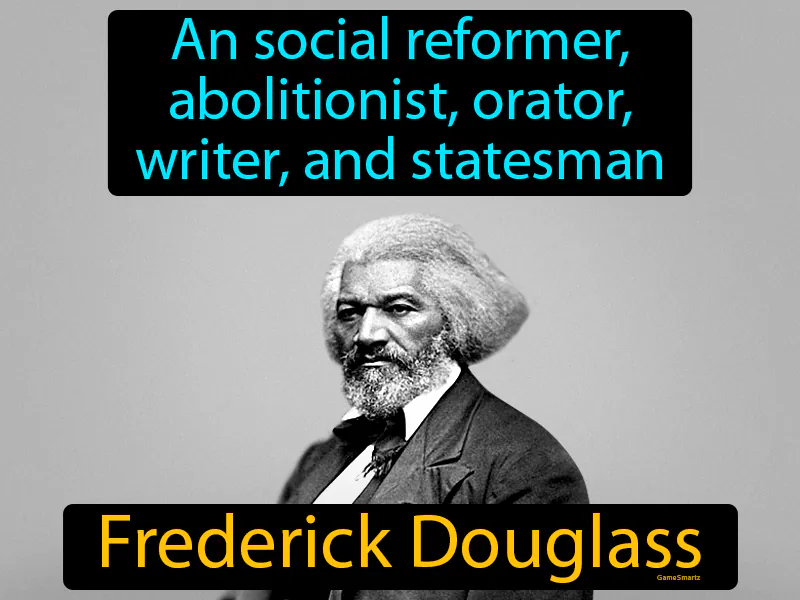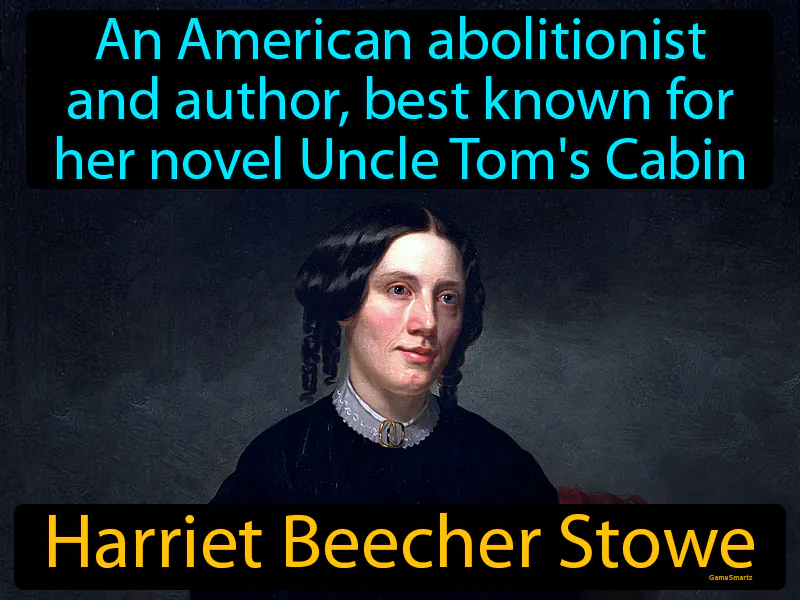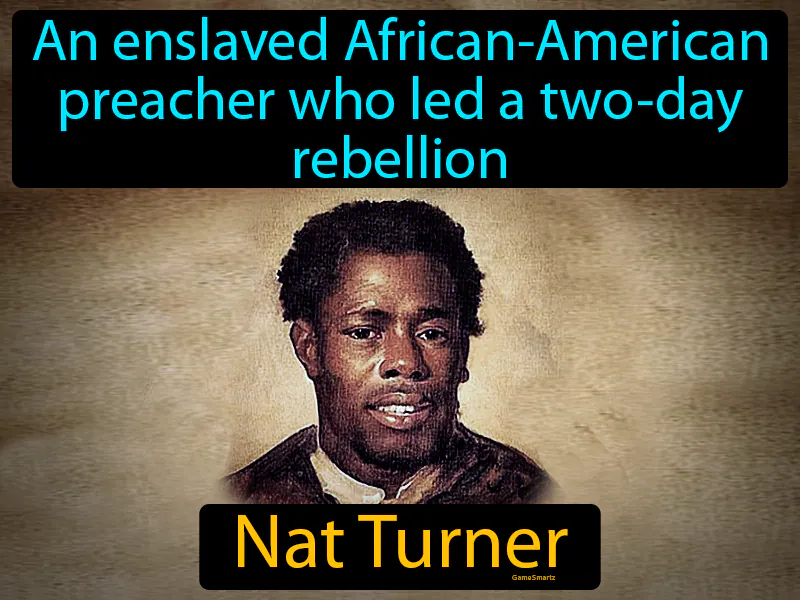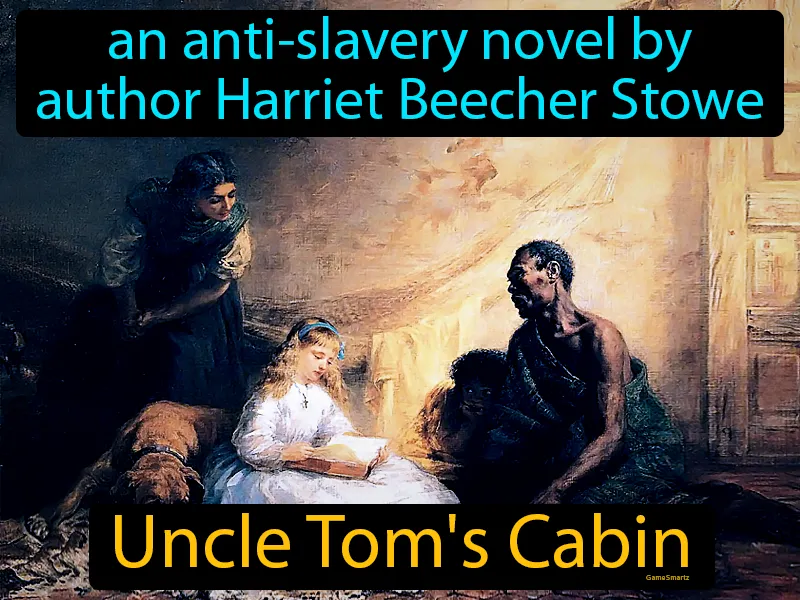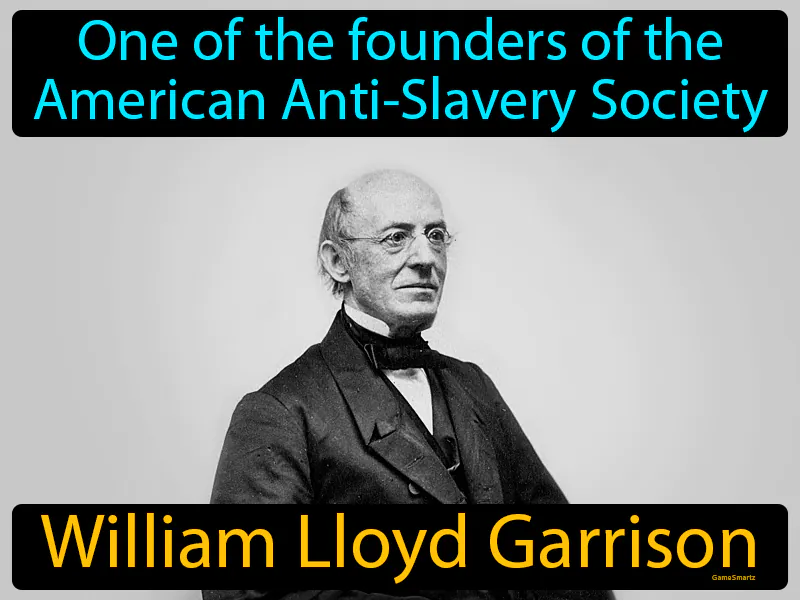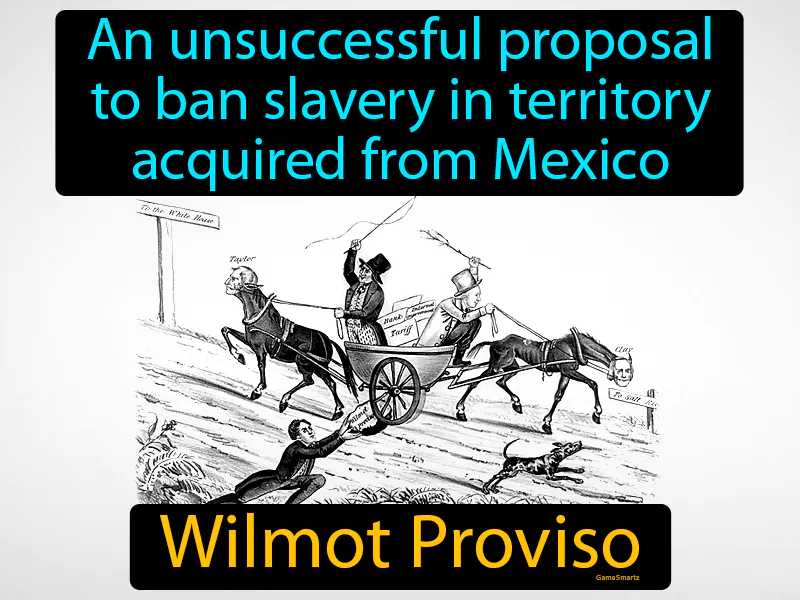Slavery 1650-1860
History
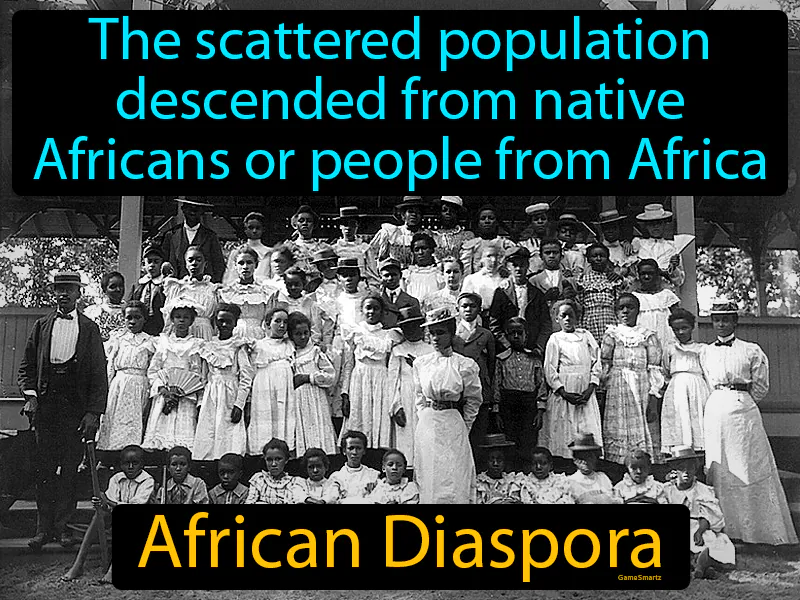
The scattered population descended from native Africans or people from Africa
African Diaspora
The scattered population descended from native Africans or people from Africa. African Diaspora. The African Diaspora refers to the communities around the world that have resulted from the movement of Africans, primarily through the transatlantic slave trade and migration.

The first well-known white female advocates of abolition of slavery and women's rights
Angelina and Sarah Grimke
The first well-known white female advocates of abolition of slavery and women's rights Angelina and Sarah Grimke. The Grimke sisters were pioneering activists who championed the abolition of slavery and the fight for women's rights in the 19th century.

A series of laws that defused a political confrontation between slave and free states
Compromise of 1850
A series of laws that defused a political confrontation between slave and free states. Compromise of 1850. It was an agreement that aimed to ease tensions over slavery by balancing the interests of free and slave states.

The publisher of the first newspaper devoted to the cause of abolishing slavery
Elihu Embree
The publisher of the first newspaper devoted to the cause of abolishing slavery. Elihu Embree. Elihu Embree was an American abolitionist who published "The Emancipator," the first newspaper dedicated to ending slavery.
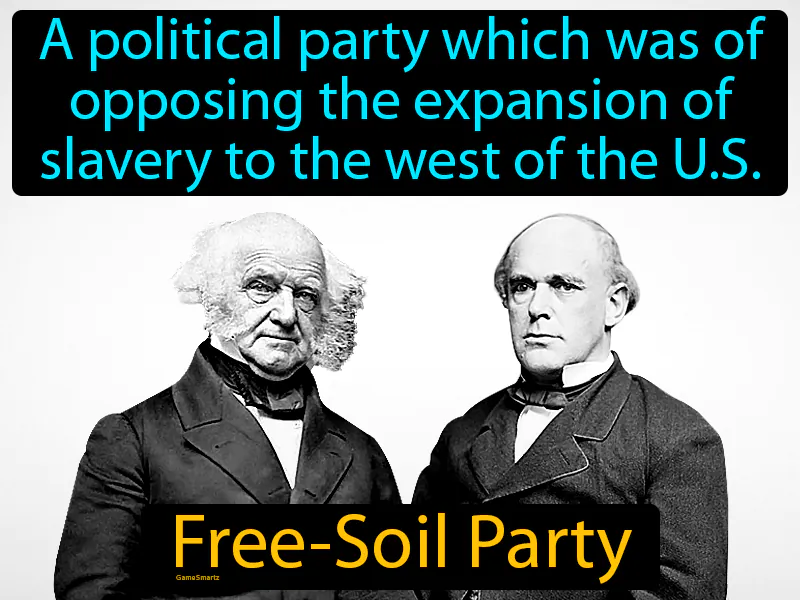
A political party which was of opposing the expansion of slavery to the west of the U.S.
Free-Soil Party
A political party which was of opposing the expansion of slavery to the west of the U.S. Free-Soil Party. The Free-Soil Party was a political group in the mid-1800s that aimed to prevent the spread of slavery into new U.S. territories.
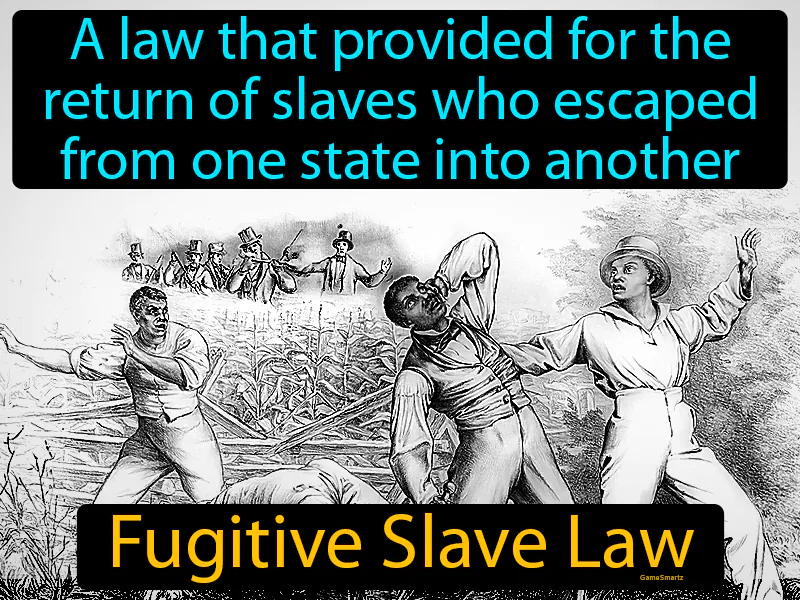
A law that provided for the return of slaves who escaped from one state into another
Fugitive Slave Law
A law that provided for the return of slaves who escaped from one state into another. Fugitive Slave Law. It was a set of laws that required escaped enslaved people to be returned to their enslavers, even if they fled to a free state.
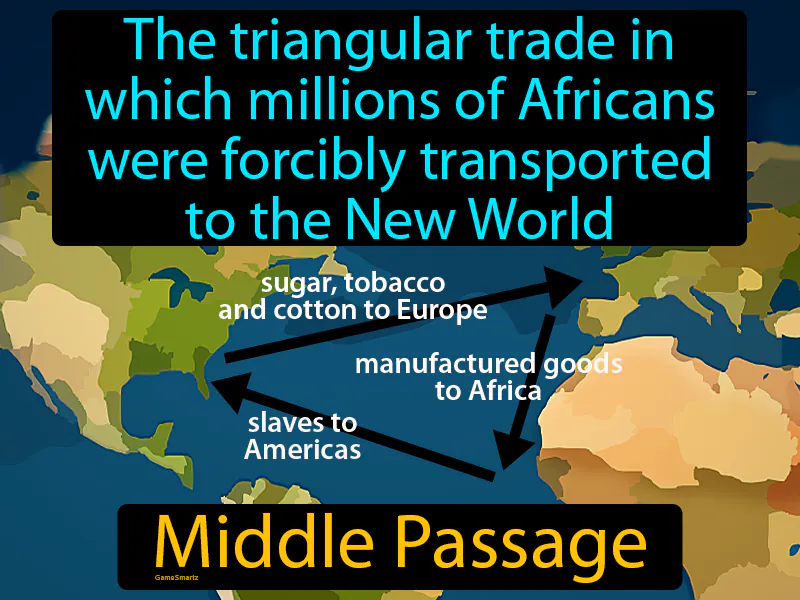
The triangular trade in which millions of Africans were forcibly transported to the New World
Middle Passage
The triangular trade in which millions of Africans were forcibly transported to the New World. Middle Passage. The Middle Passage was the brutal sea journey of enslaved Africans to the Americas during the transatlantic slave trade.
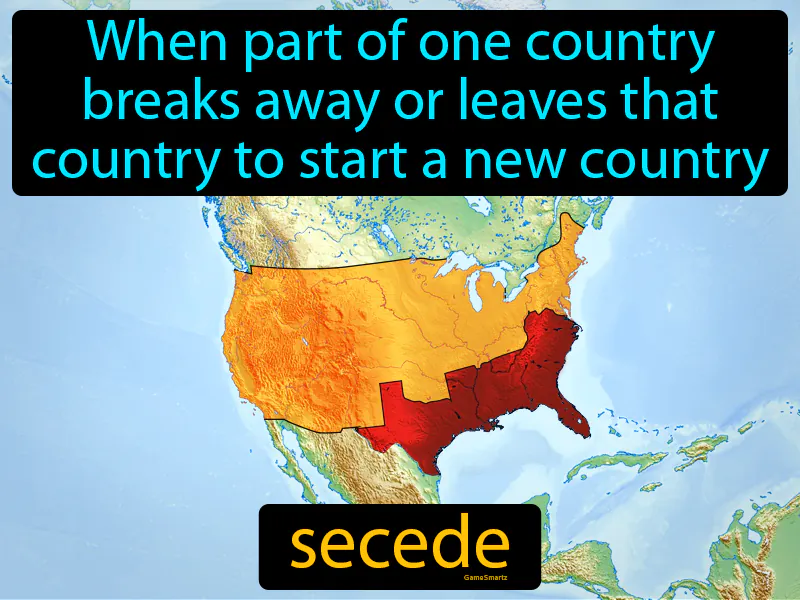
When part of one country breaks away or leaves that country to start a new country
Secede
When part of one country breaks away or leaves that country to start a new country. Secede. In history, secede means when a region or state decides to leave a larger political entity, like when the Southern states left the U.S. to form the Confederacy.
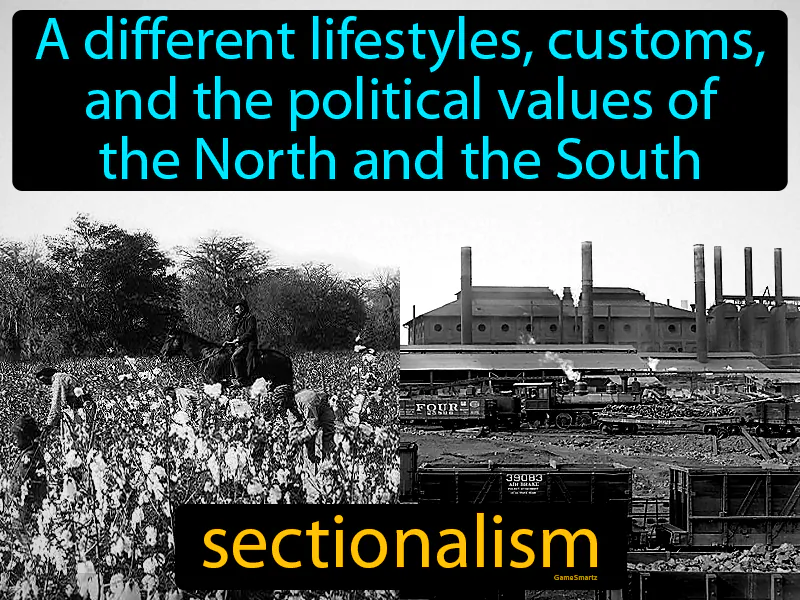
A different lifestyles, customs, and the political values of the North and the South
Sectionalism
a different lifestyles, customs, and the political values of the North and the South. sectionalism. Sectionalism is when different regions of a country, like the North and the South in U.S. history, prioritize their own interests over the country's unity.
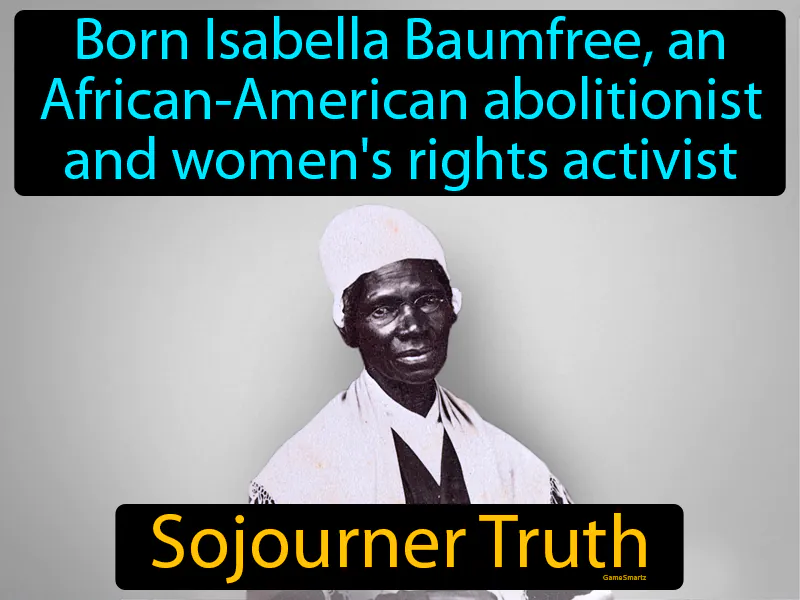
Born Isabella Baumfree, an African-American abolitionist and women's rights activist
Sojourner Truth
Born Isabella Baumfree, an African-American abolitionist and women's rights activist, Sojourner Truth. She was a former enslaved woman who became a powerful advocate for abolition and women's rights in the 19th century.
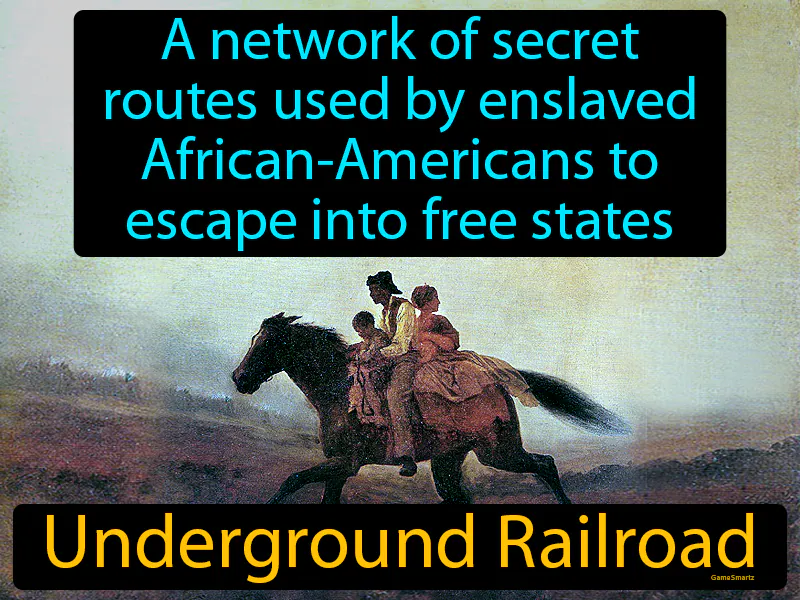
A network of secret routes used by enslaved African-Americans to escape into free states
Underground Railroad
A network of secret routes used by enslaved African-Americans to escape into free states. Underground Railroad. The Underground Railroad was a covert system in the 19th century that helped enslaved people in the U.S. escape to freedom.


